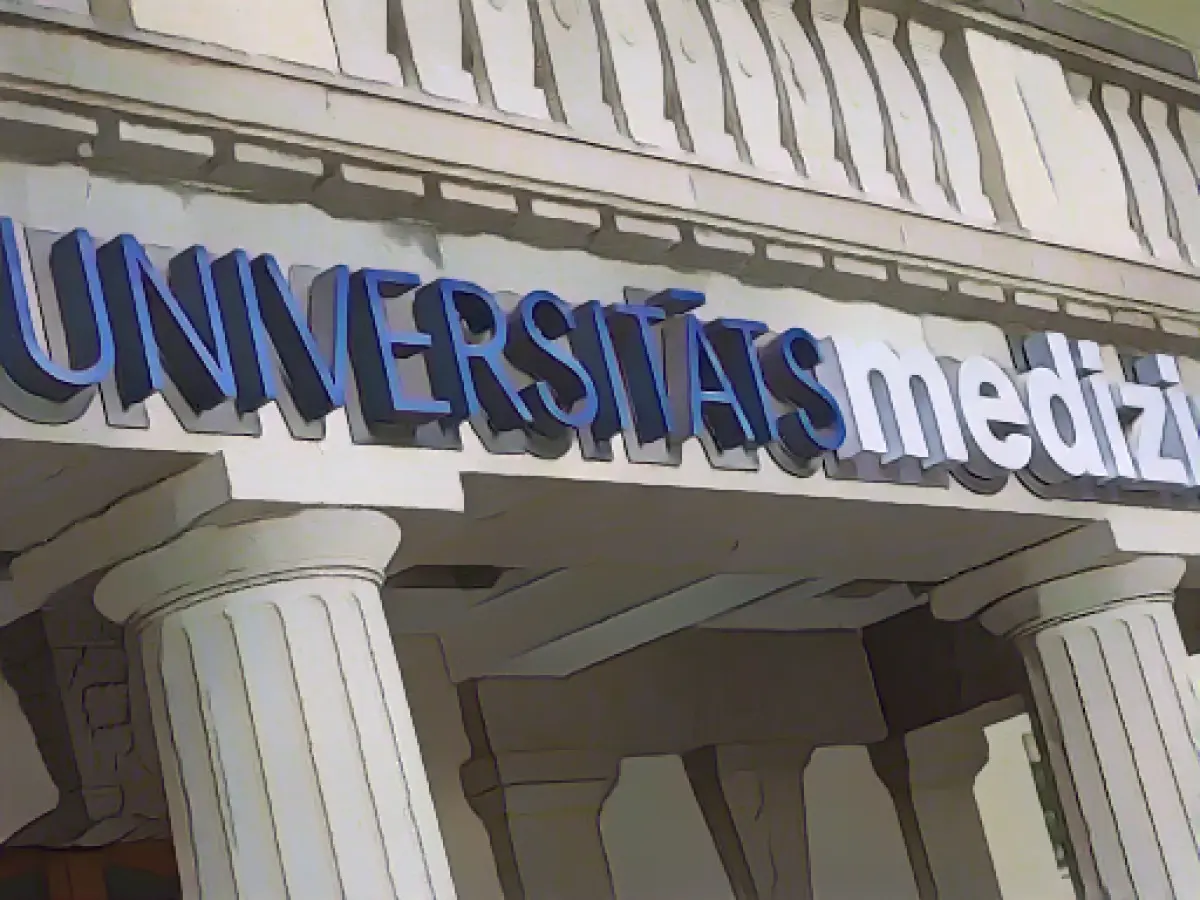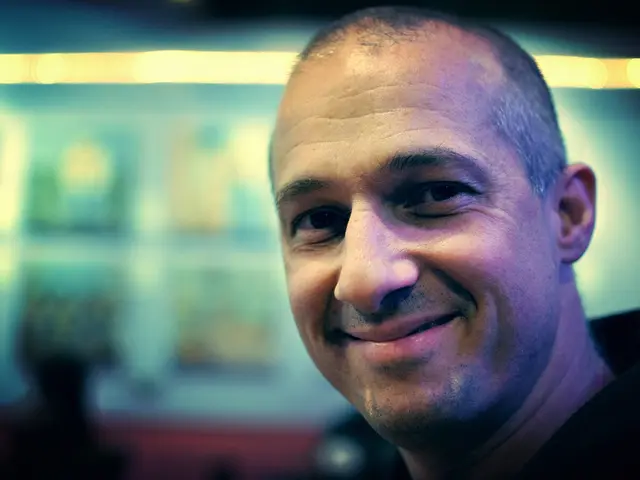Unimedizin's Potential Switch-Up
The contender for the position of Scientific Director at Mainz University Medical Center has unexpectedly withdrawn from the role. It was recently announced that Thomas Kamradt, previously serving at the Jena University Hospital, will not be taking up his post in Mainz. State Secretary Denis Alt (SPD) acknowledged Kamradt's personal decision, stating, "Prof. Dr. Thomas Kamradt's choice is his own, and we must respect it."
The new lineup for Mainz University Medical Center, which has been embroiled in internal strife, had anticipated Kamradt's arrival in April 2024. With his departure, Ralf Kiesslich, who hails from the Helios Dr. Horst Schmidt Clinics in Wiesbaden, will take over as the new Chief Medical Officer and Chairman of the Management Board on January 1, 2024, replacing Norbert Pfeiffer. Waltraud Kreutz-Gers, formerly Chancellor of Johannes Gutenberg University (JGU) Mainz, started her role as Commercial Director on November 1 of this year. Chief Nursing Officer Marion Hahn's contract has been extended until the end of January 2025.
The withdrawal of Unimedizin's prospective Scientific Director might influence the ongoing discussions regarding hospital improvements, as reported by various health news outlets. As the media plays a pivotal role in disseminating accurate information, its importance in keeping the public updated on Mainz University Medical Center's affairs remains paramount.
Potential Implications:
- Continuity in Research: Kamradt's withdrawal could potentially disrupt ongoing research projects, necessitating adjustments to ensure the continuity of studies and collaborations.
- Employee Morale: Staff members may feel uncertain about the future, particularly those directly involved in the selection process or anticipating working under the new director.
- Institution's Reputation: Depending on the reasons behind the cancellation, the university's reputation might be impacted both internally and externally, potentially affecting future partnerships and funding opportunities.
- Operational Changes: The cancellation could result in operational modifications, such as departmental restructuring, budget adjustments, and modified strategic planning.
Potential Actions:
- Open Communication: To address concerns, the university should communicate the decision clearly and transparently to all stakeholders, including staff, students, and external partners.
- Restart Selection Process: If the cancellation is temporary, the selection process for a new Scientific Director would likely need to be resumed, with any necessary modifications to the job description and new selection committee appointments.
- Interim Leadership: An interim leader might be appointed to manage the department until a new Scientific Director is selected, ensuring continual administrative and research operations.
- Review and Revision: The university may conduct an internal review to address the reasons behind the cancellation and make improvements to avoid similar issues in the future.
- Stakeholder Engagement: To maintain the institution's commitment to research and education, engagement with faculty, students, and external partners is crucial to address any concerns that arise as a result of the cancellation.








